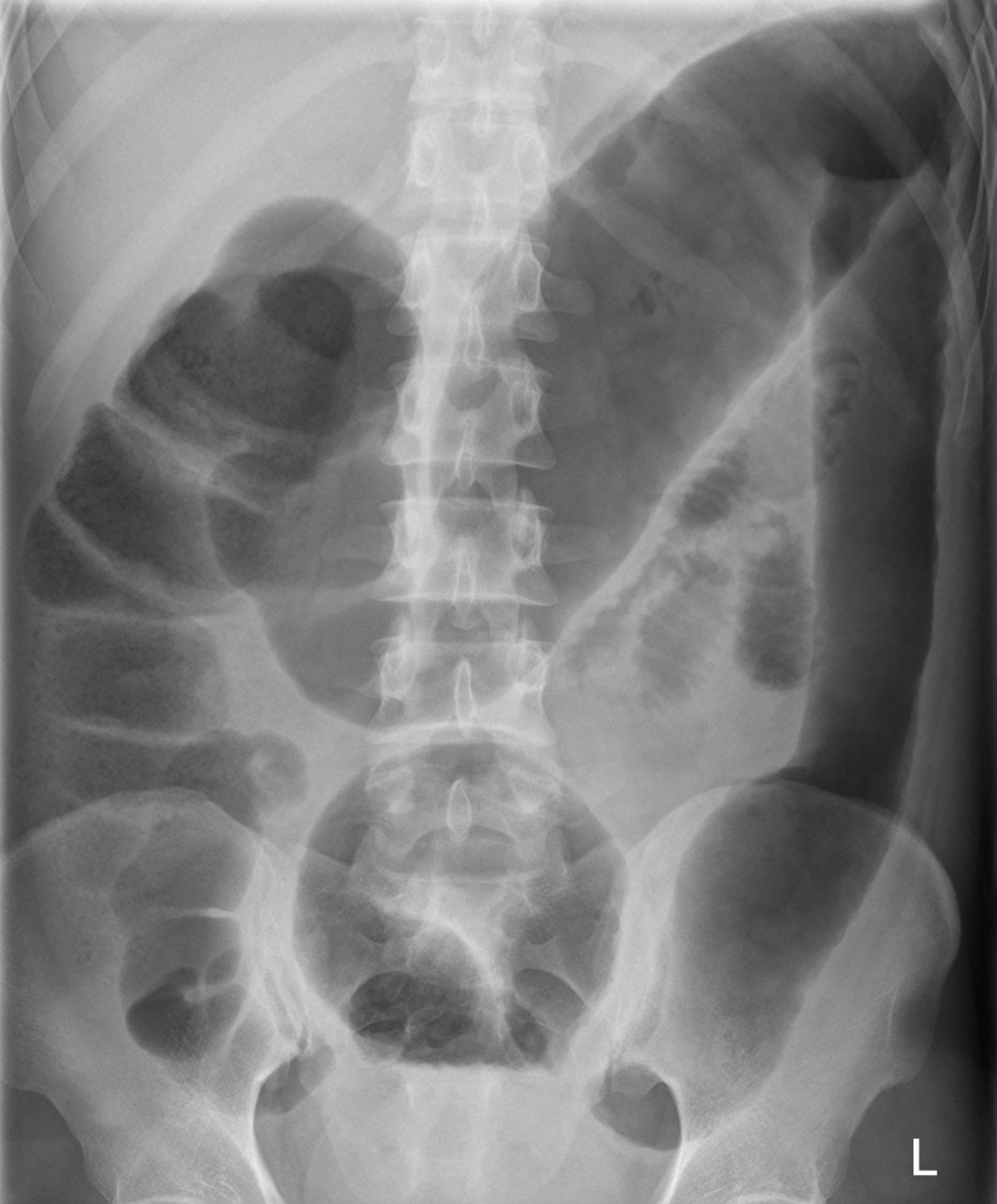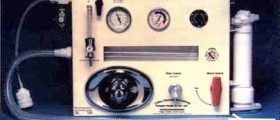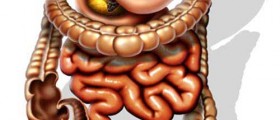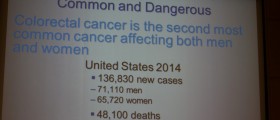What is an Enlarged Colon?
The colon is an important part of large intestine and it comprises the ascending colon, the transverse colon, the descending colon, and the sigmoid colon. The colon's primary functions are to absorb water and electrolytes from the products moving through the digestive tract, and to prepare waste products to be excreted in the form of feces.
The length of the colon is about 1.5 meters. Any enlargement of the colon is not a normal process. It may occur but, if this happens it points to the presence of an underlying disease. An enlarged colon is medically known as megacolon. Megacolon can be congenital, meaning the person is born with the condition, or acquired later in life. No matter what the cause of the enlargement is, a dilated and enlarged colon carries significant risk of serious complications.
Causes of Enlarged Colon
The most common causes of colon dilatation and enlargement are infections and inflammation.
Megacolon represents an abnormal dilatation of the entire colon. Dilatation in patients suffering from megacolon is additionally accompanied by a paralysis of the bowel movements. In most cases of megacolon it may happen that feces become extremely hard, which requires surgical removal of these consolidated masses. As it has been mentioned before, megacolon is either a congenital or acquired medical condition. If it occurs not at birth but later in life, this condition usually affects people suffering from Parkinson's disease, those who have had certain types of nerve damage, people who use narcotics or those suffering from Chagas disease.
- Symptoms of acquired megacolon differ from those of congenital megacolon. Adults with megacolon generally present with constipation, abdominal pain, distension and discomfort from abdominal gas.
- While there is likely an overlap with those diagnosed with constipation-predominant irritable bowel syndrome (IBS-C), it is unclear what percentage of patients presenting with IBS-C actually have megacolon.
- On the other hand, children with megacolon generally present with meconium ileus in the neonatal period (usually in association with Hirschsprung disease), with colonic obstruction during infancy, or with fecal impaction and soiling during childhood. The latter is typically the result of functional fecal retention.
- The presence of megacolon can be complicated by the development of obstruction, fecal impaction, or volvulus. There is an association of acquired megacolon with neuropsychiatric conditions including schizophrenia and mental retardation, as well as organic central nervous system conditions like cerebrovascular disease and epilepsy. Rates of complications are also higher among those with a concomitant psychiatric condition.
Hirschsprung's disease is a congenital form of megacolon. In this disease, the colon is missing proper innervation. Toxic megacolon is an acute form of colon distention which predominantly affects people suffering from Chron's disease and ulcerative colitis. And finally, dilatation of the colon may be caused by chronic constipation.
What Are the Symptoms of an Enlarged Colon?
The most significant symptoms of an enlarged colon — megacolon — include serious and chronic constipation or an absence of bowel movements. This medical condition typically results in abnormalities of the intestinal peristaltic movement, meaning waste matter does not move through the digestive system smoothly. The feces may remain in the colon and become hard. This type of hardening of the feces is known as fecalomas. Toxic megacolon features with increased body temperature, severe abdominal pain and tenderness, flatulence and diarrhea. Anyone experiencing any of these symptoms would be advised to seek medical attention.
Enlarged Colon: What is the Treatment?
The diagnosis of an enlarged colon can be easily made after a physical examination of the patient, abdominal X-ray and anorectal manometry. The treatment can start only after the doctor has established the exact cause of the enlarged colon.
People suffering from Hirschsprung's disease are usually treated surgically. This surgical procedure includes the removal of the affected aganglionic part of the colon.
In case of toxic megacolon patients, are administered corticosteroids and other anti-inflammatory medications to relieve this symptoms and clear up the underlying cause.
By consumption of food rich in fibers and taking specific measures against constipation, including drinking plenty of water, is one of the best steps anyone can take to reduce their risk of developing an enlarged colon. And timely treatment of inflammatory bowel disease may be another form of prevention against colon enlargement.













-In-Infants-And-Older-Children_f_280x120.jpg)




Your thoughts on this
Loading...